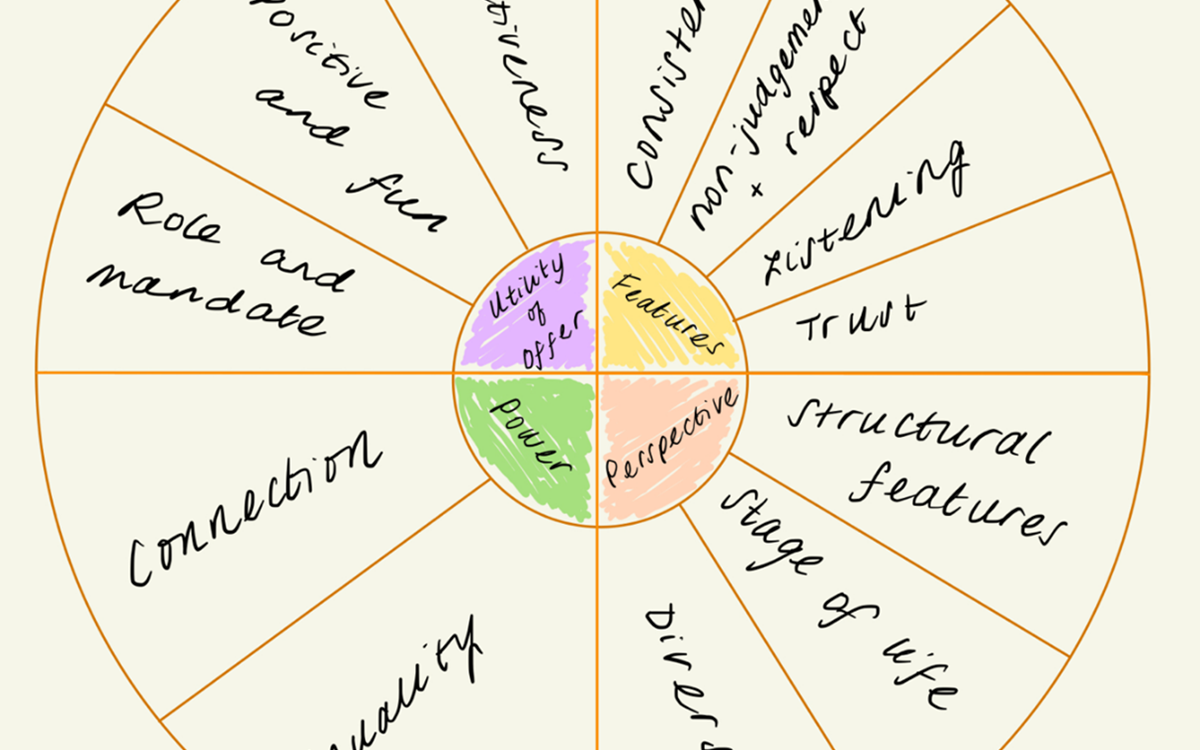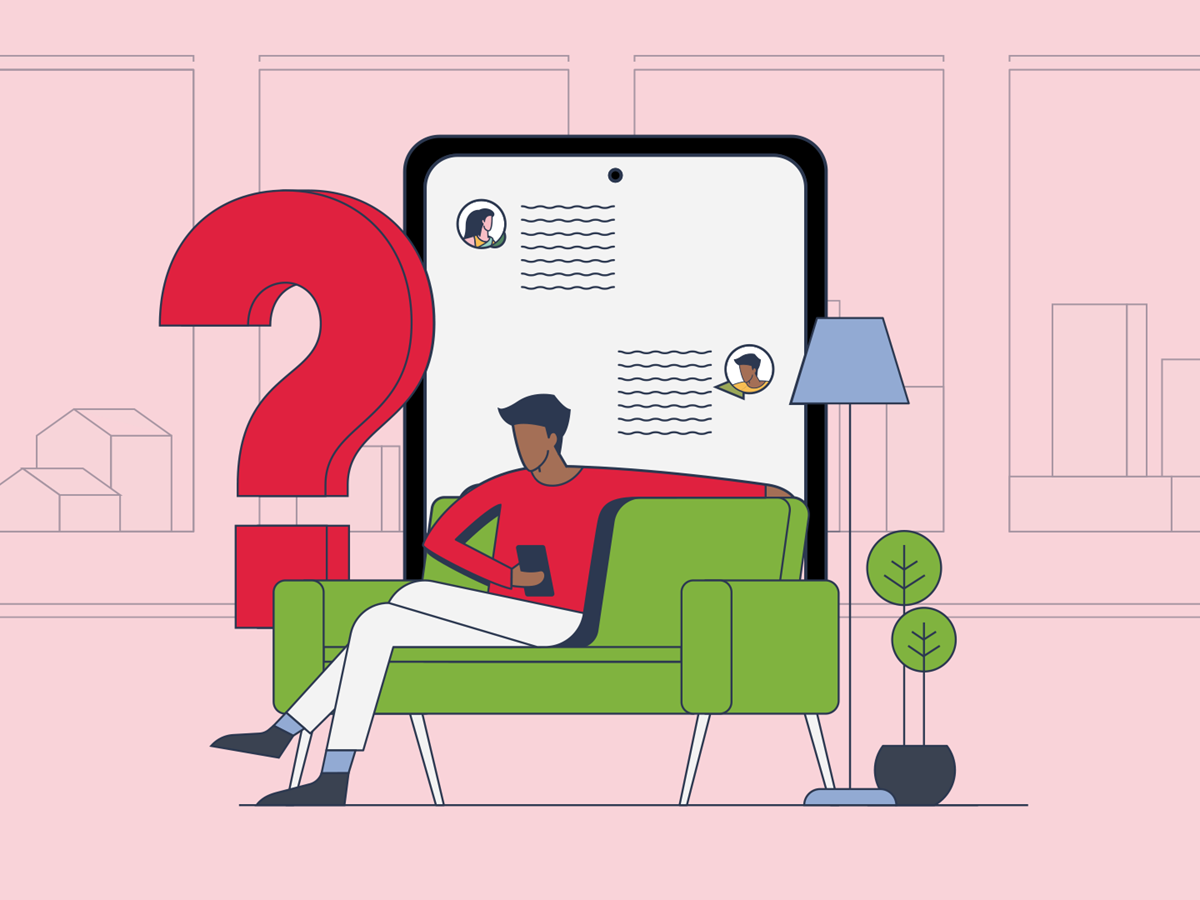|
"[Young people] have a right to know what things are being talked about them" (Young Person). When professionals are tasked with creating safety in contexts, what do young people say they need from these professional relationships? How can we (professionals) be guided by how young people know the world, and fundamentally re-shift power imbalances to privilege young people’s expertise and decision-making? How can practitioners and systems move towards more equitable relationships to help create safety for young people facing harm in their communities? |
|
Between 2019 and 2021, we spoke with children and young people about the ‘concept’ of Contextual Safeguarding in nine local authorities that were developing a Contextual Safeguarding response to extra-familial risk. These conversations with young people aimed to understand the implications of a Contextual Safeguarding approach for different groups of children and young people, in different settings, and to inform the system development in each of these sites. The Young People’s Relationship Framework is a result of these conversations, drawing on the voices of 66 young people through interviews and focus groups; with the support of a Young People’s Advisory Panel at the Safer Young Lives Research Centre who reviewed and piloted the methods used to speak with young people. The infographic outlines this framework, and what young people said they wanted from relationships with professionals that are tasked with helping them. |

|
This visual guide outlines what young people said they wanted from relationships with professionals that were tasked with creating safety in contexts. |
Young People's Relationship Framework, October 2023, Rachael Owens, Joanne Walker & Vanessa Bradbury Leather.


